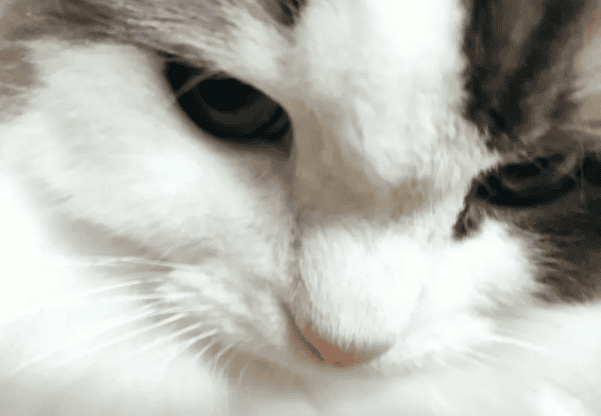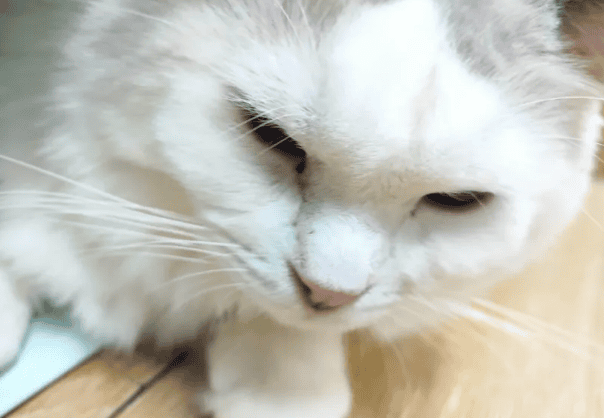Cats are highly sensitive animals, and their behavior is strongly affected by internal and external factors. When under severe stress, cats can express their discomfort or anxiety in a variety of ways. Stressors may include environmental changes, social pressure, health problems, etc. Understanding your cat’s stress response can help pet owners identify problems early and intervene.
For cats, stress often triggers a range of behavioral, physiological and emotional responses. First, from a behavioral perspective, stress can cause changes in your cat’s behavior patterns. Many cats reduce social interaction when they are stressed, and they may hide from humans and other pets in search of quiet, secluded spots. This hiding behavior can be viewed as an escape strategy, i.e., removing oneself from the stressor. Avoidance of pet owners is also an important sign that the cat is going through an unpleasant time and needs space and time to adjust.
In addition, stress may cause abnormal defensive behaviors, such as excessive self-licking (hair brushing disorder), and aggressive behavior. Brushing syndrome can cause uneven coat, hair loss or skin infection in cats, while aggressive behavior can occur suddenly without obvious provocation, which can harm other pets and even the pet owner.

Other stress-induced behaviors include inappropriate behaviors. Elimination, such as going to the toilet in inappropriate places in the home, which can be an act of fear or protest, or gastrointestinal discomfort due to stress; reduced or lost interest in food, leading to anorexia; and excessive chewing or Swallowing non-food substances (pica).
Physiological reactions are another aspect of a cat’s stress response. When faced with severe stress, cats, like other mammals, release stress hormones such as cortisol. This physiological change brings about a range of possible health problems, including reduced immune function, making the cat more susceptible to illness; digestive problems, such as diarrhea or constipation; and potential chronic health problems, such as heart disease or diabetes.
In addition to behavioral and physiological reactions, cats can also be affected by stress emotionally. Although cats cannot communicate their emotional state through words, pet owners can determine their emotional reactions by observing their cats' body language and expressions. For example, a stressed cat may show signs such as flat ears, dilated pupils, and a flapping or fluffy tail.
After recognizing the signs that your cat is experiencing significant stress, pet owners should take steps to relieve that stress. This includes providing a safe environment where cats have a place to hide and ensuring they have access to all necessary resources such as clean water, fresh food, and a clean litter box. Environmental stability is important for cats, as unpredictable changes can exacerbate their feelings of stress. Additionally, providing appropriate toys and environmental stimulation can help cats regulate their emotions through play. Interactive play and petting can help strengthen the bond between cat and pet owner and is a great way to relieve stress.


 扫一扫微信交流
扫一扫微信交流
发布评论